When is the self-assessment tax return deadline?
If you are self-employed, rent out a property or earn income from savings or investments, you may need to complete a self-assessment tax return. We run through the deadlines you need to know about

Sam Walker
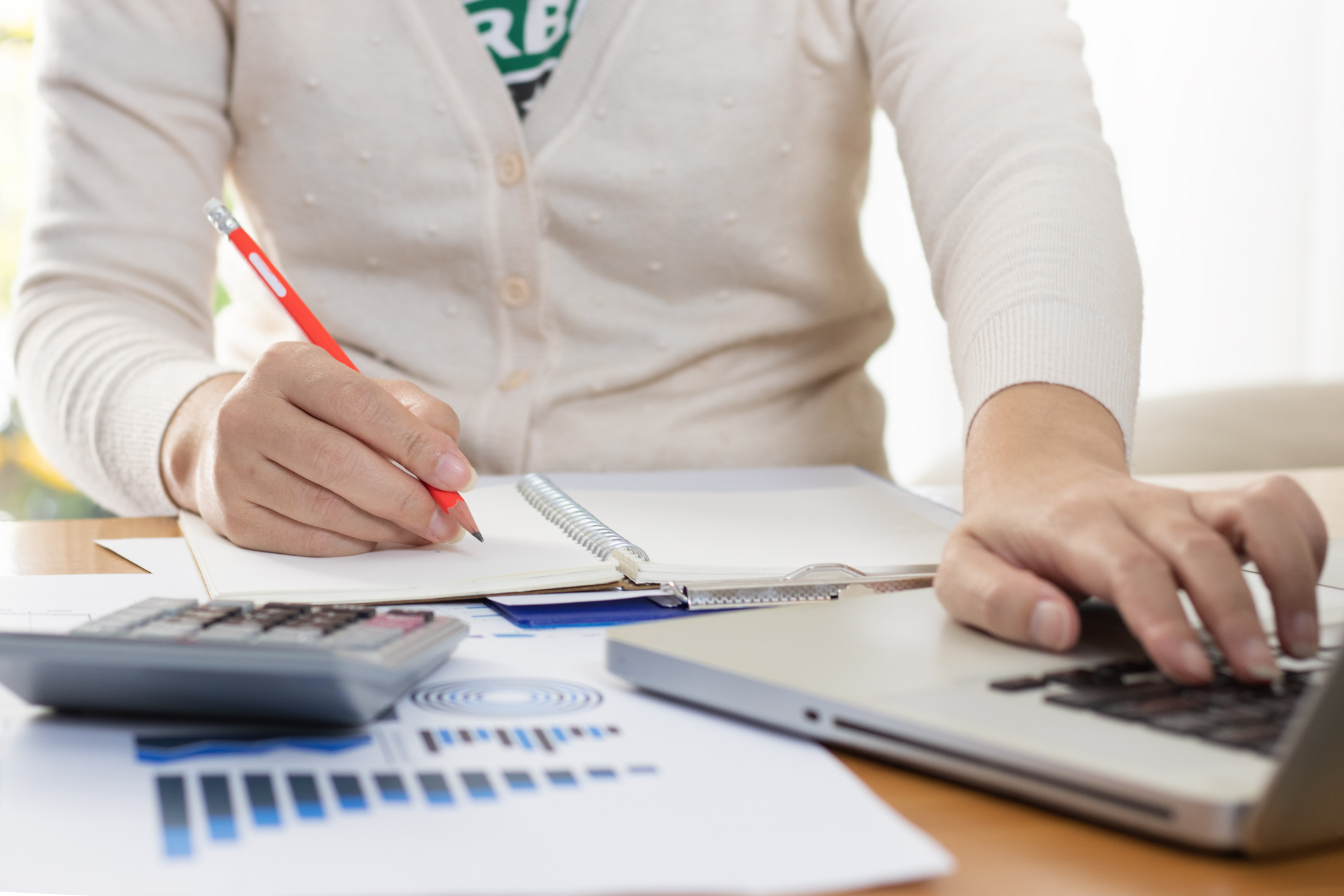
Get the latest financial news, insights and expert analysis from our award-winning MoneyWeek team, to help you understand what really matters when it comes to your finances.
You are now subscribed
Your newsletter sign-up was successful
Want to add more newsletters?

Twice daily
MoneyWeek
Get the latest financial news, insights and expert analysis from our award-winning MoneyWeek team, to help you understand what really matters when it comes to your finances.

Four times a week
Look After My Bills
Sign up to our free money-saving newsletter, filled with the latest news and expert advice to help you find the best tips and deals for managing your bills. Start saving today!
The deadline for those filing a self-assessment tax return is fast approaching, with millions being urged to act. On 23 January, HMRC estimated around 3.3 million were still yet to file their returns ahead of the 31 January deadline.
Filing a tax return is hardly the most thrilling task, but it’s critical you get it done in time or face paying a penalty.
There are various reasons why you may need to complete a tax return, for instance, you must file one if you’ve earned more than £1,000 in the last tax year outside of PAYE.
MoneyWeek
Subscribe to MoneyWeek today and get your first six magazine issues absolutely FREE

Sign up to Money Morning
Don't miss the latest investment and personal finances news, market analysis, plus money-saving tips with our free twice-daily newsletter
Don't miss the latest investment and personal finances news, market analysis, plus money-saving tips with our free twice-daily newsletter
This income could come from being self-employed, a buy-to-let landlord, or if you’ve got investments held outside of a stocks and shares ISA.
If you have had to pay back Child Benefit you may also be required to file a tax return if it can’t be done through PAYE. Even if you don’t owe HMRC any tax, you may still have to complete a self-assessment tax return.
If you don’t submit your self-assessment on time, you face an automatic penalty of at least £100, and potentially face further interest on top.
At least 600,000 taxpayers failed to pay their self-assessment tax by the January 31 deadline in 2025 and were issued £325 million worth of fines and interest charges, according to accounting firm UHY Hacker Young.
Neela Chauhan, partner at UHY Hacker Young, said: “The cost of not paying your self-assessment tax can rise quickly. Initial penalties may be relatively small, but interest and further charges add up and can really start hurting quite quickly.”
Here is everything you need to know about self-assessment, and the deadlines to watch out for.
When is the self-assessment tax return deadline?
There are two main deadlines for filing a self-assessment tax return for the 2024/25 tax year, depending on whether you do it online or by post.
The majority of people in the UK file their tax returns online, and the deadline to complete this is 23:59 on 31 January 2026.
Some people prefer to fill out a paper tax return. The deadline to do this for the 2024/25 tax year was 31 October 2025, which has already passed, so the only option remaining is to complete self-assessment online.
The January deadline is not only when you need to file your return, but also when you need to pay any outstanding income tax – regardless of whether you file a paper or online return.
Some taxpayers also need to make payments on account. We explain that in more detail below.
If you haven’t done a self-assessment tax return before but need to do one for the 2024/25 tax year, the deadline to register has already passed. It was 5 October 2025.
If you missed that deadline, and registered after 5 October, HMRC will send you a letter or email with a different deadline to file your tax return by – three months from the date on the letter or email.
The deadline has also passed for those who want to pay their tax bill through an automatic adjustment to their PAYE tax code. You had to submit your online tax return by midnight on 30 December 2025.
To pay tax through your PAYE tax code, you have to owe less than £3,000 in income tax from self-employment and must be currently employed or receiving a company pension.
Date | Deadline |
5 October 2025 (Passed) | Registering for self-assessment |
31 October 2025 (Passed) | Filing a paper tax return |
30 December 2025 (Passed) | Filing an online tax return if you want HMRC to collect payments through PAYE |
31 January 2026 | Filing your tax return online Paying your tax bill First payment on account |
31 July 2026 | Second payment on account |
What happens if I miss the self-assessment tax return deadline?
If you miss the self-assessment tax return deadline, you will have to pay a penalty to HMRC. The size of this penalty depends on how late you are and why you filed your tax return late.
Failing to submit your self-assessment on time means you could face paying a penalty of hundreds or even thousands of pounds depending on how late you are – and you could also have to pay, as it stands, 7.75% interest on top (the Bank of England base rate plus 4%).
One day late
There is a flat £100 fine for filing the return late, even if only by one day.
Three months late
After three months (so if you file an online tax return, that means from 1 May), you get hit with additional daily penalties of £10, up to a maximum of £900.
Six months late
After six months, a further penalty applies – either 5% of the tax due or £300, whichever is greater.
12 months late
The same fine (5% or £300) applies again once you are 12 months late.
Paying your tax bill late
You can also be hit with a penalty if you pay your tax bill late, including 5% of any unpaid tax at 30 days, six months and 12 months. Interest is also charged on top.
Self-assessment is payable via gov.uk or you can download the HMRC app and pay that way.
Some people put off dealing with their paperwork because they can’t afford to pay their tax bill – but this is a bad idea.
Alastair Douglas, chief executive at financial services company TotallyMoney, said: “If you’re struggling to pay your bill in full, then head over to the HMRC website where you might be able to set up a payment plan under a ‘Time to Pay’ arrangement.”
What happens if I make a mistake with my tax return?
If you make a mistake with your tax return, you can correct it even after the deadline. Tax return mistakes can be corrected within 12 months of the tax return being filed, with a new tax bill due on the updated return.
You will need to wait at least 72 hours after filing your return to make any changes.
How do payments on account work?
Payments on account are advance payments you make towards your next tax bill, ahead of the 31 January 2026 deadline.
They are designed to help you spread the cost of your tax rather than having to pay it in one go.
There are two payments on account due, each of which is around half of the previous year’s tax bill. Once you file your tax return, you can then determine whether a top-up payment is needed in order to clear the amount owed, or whether you can claim a refund.
The first payment on account must be paid by 31 January 2026, while the second must be paid by 31 July 2026. These payments would be for the 2024/25 tax year.
If you believe your tax bill is likely to be lower than the previous tax year, you can apply to have your payments on account reduced.
You can do this by signing into your online account via gov.uk and selecting the option to “reduce payments on account”.
How to hit the tax return deadline on time and avoid overpaying
There are certain things to bear in mind if you want to remove the stress involved with filing a self-assessment tax return correctly and on time.
First and foremost, it’s a really good idea to give yourself as much time as possible.
Registering to file a tax return can take a while, since you’re relying on the postal service to send you a Unique Taxpayer Reference (UTR) number. The earlier you start this process, the better.
Similarly it’s crucial you take the time to gather together all the relevant paperwork before you start attempting to fill in the return. That means bringing together your payslips, details of other income sources, savings and investments, pension contributions and charitable donations.
Zena Hanks, partner in the private wealth team at accountancy firm Saffery, added: "Being organised is half the battle: gather all relevant paperwork, including P60s, P11Ds or P45s, and don’t forget to declare investment income, dividend payments or any asset sales liable for capital gains tax."
Understanding the tax allowances and tax reliefs that apply to you means you may be able to reduce the actual tax you have to pay.
This can include the uniform allowance and the trading allowance of up to £1,000 for casual income.
Once you’ve got that information together, it’s important to double-check the calculations and make sure everything is accurate before you submit. Even if you make errors in good faith, you may be charged penalties by HMRC.
When the submission is finished, it’s useful to take lessons from it to work out how to reduce your tax bill in future years. In particular, topping up your pension can lower your tax liability, as well as help provide for your retirement.
You should also keep an eye on any changes to your tax code and check that it remains accurate for your circumstances.
Who needs to file a self-assessment tax return?
If your only source of income is your salary and you are not self-employed, then you probably don’t need to file a tax return. Your income tax will be deducted from your salary before you receive it through PAYE (which stands for “pay as you earn”).
Pension income is generally taxed through PAYE too, if you exceed the personal allowance.
However, if you also earn income from savings and investments held outside an ISA, a business, a second home, or another source, then it is likely you will need to file a tax return. The same is true if you are self-employed.
In recent years, more people have found themselves being dragged into the self-assessment net thanks to the effects of fiscal drag. This is because inflation has been high, but tax thresholds have remained frozen. As a result, the tax-free allowances are worth less than they once were in real terms.
If you’re unsure whether you need to file a tax return, HMRC’s online tool helps you check.
Get the latest financial news, insights and expert analysis from our award-winning MoneyWeek team, to help you understand what really matters when it comes to your finances.

Daniel is a financial journalist at MoneyWeek, writing about personal finance, economics, property, politics, and investing.
He covers savings, political news and enjoys translating economic data into simple English, and explaining what it means for your wallet.
Daniel joined MoneyWeek in January 2025. He previously worked at The Economist in their Audience team and read history at Emmanuel College, Cambridge, specialising in the history of political thought.
In his free time, he likes reading, walking around Hampstead Heath, and cooking overambitious meals.
- Sam WalkerWriter
-
 ISA fund and trust picks for every type of investor – which could work for you?
ISA fund and trust picks for every type of investor – which could work for you?Whether you’re an ISA investor seeking reliable returns, looking to add a bit more risk to your portfolio or are new to investing, MoneyWeek asked the experts for funds and investment trusts you could consider in 2026
-
 The most popular fund sectors of 2025 as investor outflows continue
The most popular fund sectors of 2025 as investor outflows continueIt was another difficult year for fund inflows but there are signs that investors are returning to the financial markets
-
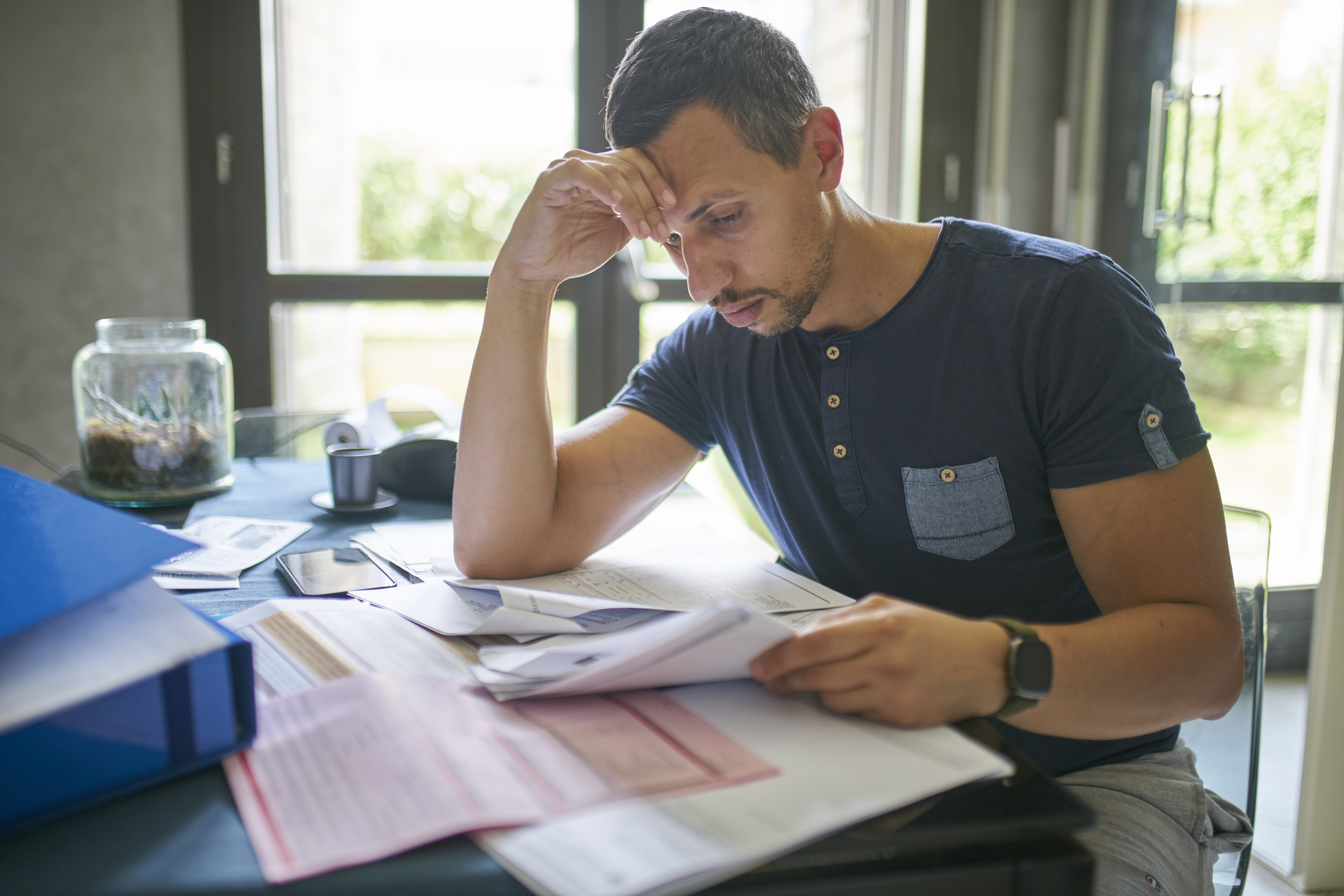 Two million taxpayers to be hit by £100k tax trap by 2026/27
Two million taxpayers to be hit by £100k tax trap by 2026/27Frozen thresholds mean more people than ever are set to pay an effective income tax rate of 60% as their earnings increase beyond £100,000. We look at why, as well as how you can avoid being caught in the trap.
-
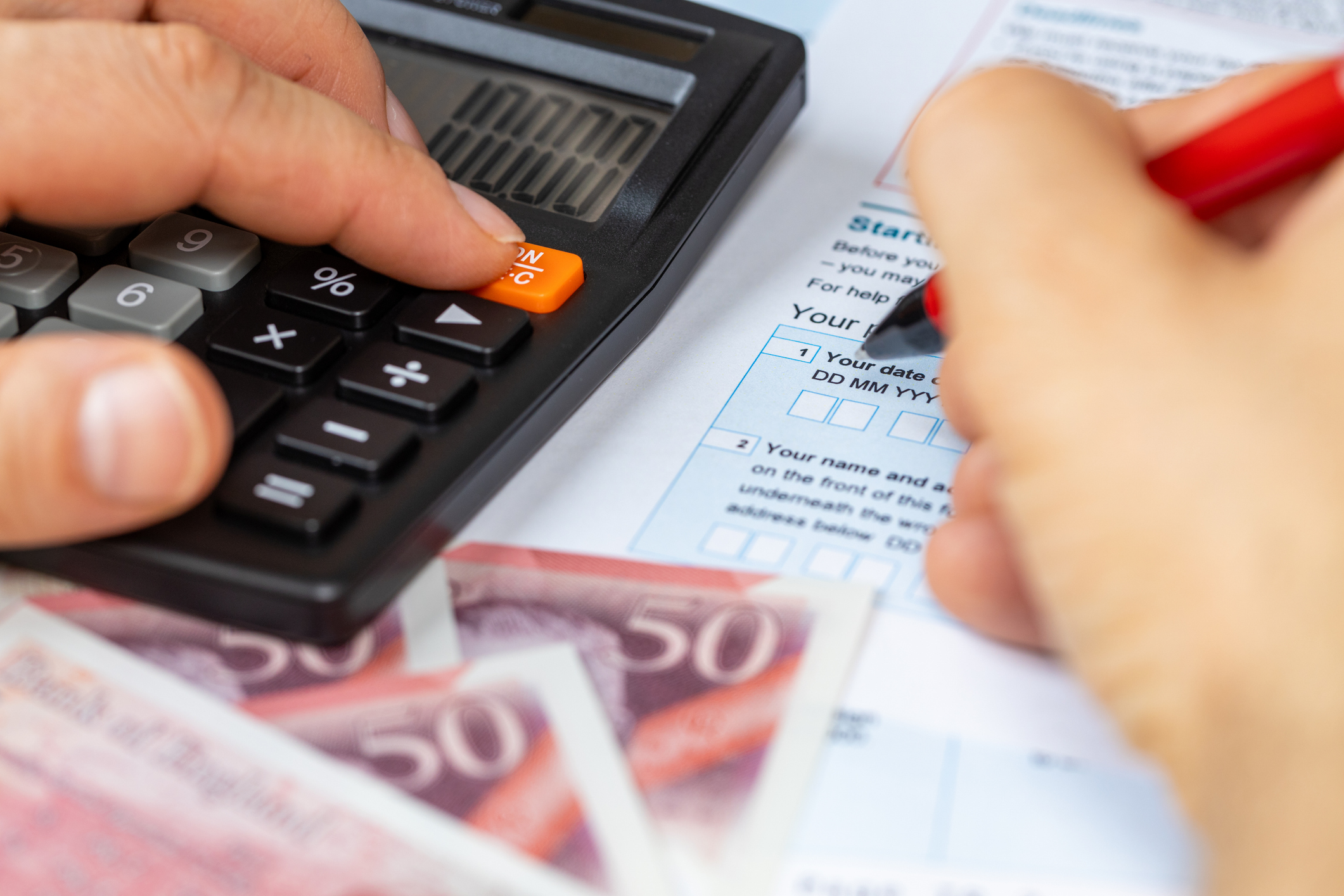 13 tax changes in 2026 – which taxes are going up?
13 tax changes in 2026 – which taxes are going up?As 2026 gets underway, we look at what lies ahead in terms of changes to tax rates and allowances this year and how it will affect you.
-
 How to limit how much of your Christmas bonus goes to the taxman
How to limit how much of your Christmas bonus goes to the taxmanIt's Christmas bonus season but the boosted pay packet may mean much of your hard-earned reward ends up with HMRC instead of in your pocket
-
 Over 1 million pay 45% rate of income tax as fiscal drag bites
Over 1 million pay 45% rate of income tax as fiscal drag bitesHundreds of thousands more people are being pushed into the additional rate tax band by fiscal drag
-
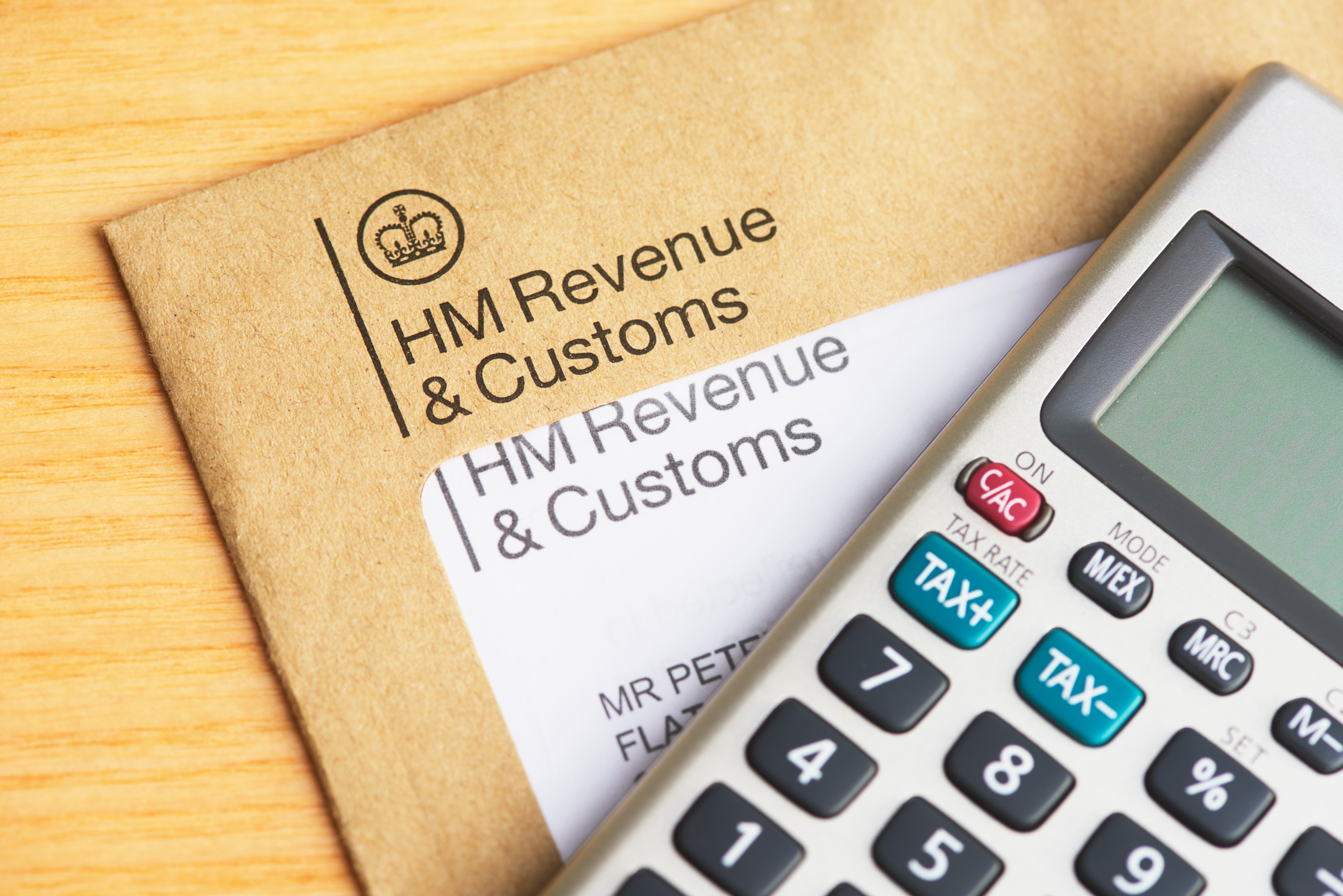 'I've used my annual ISA allowance. How can I shield my savings from tax?'
'I've used my annual ISA allowance. How can I shield my savings from tax?'As millions face paying tax on savings interest, we explore how to protect your money from the taxman. If you've used up your ISA allowance, we look at the other tax-efficient options.
-
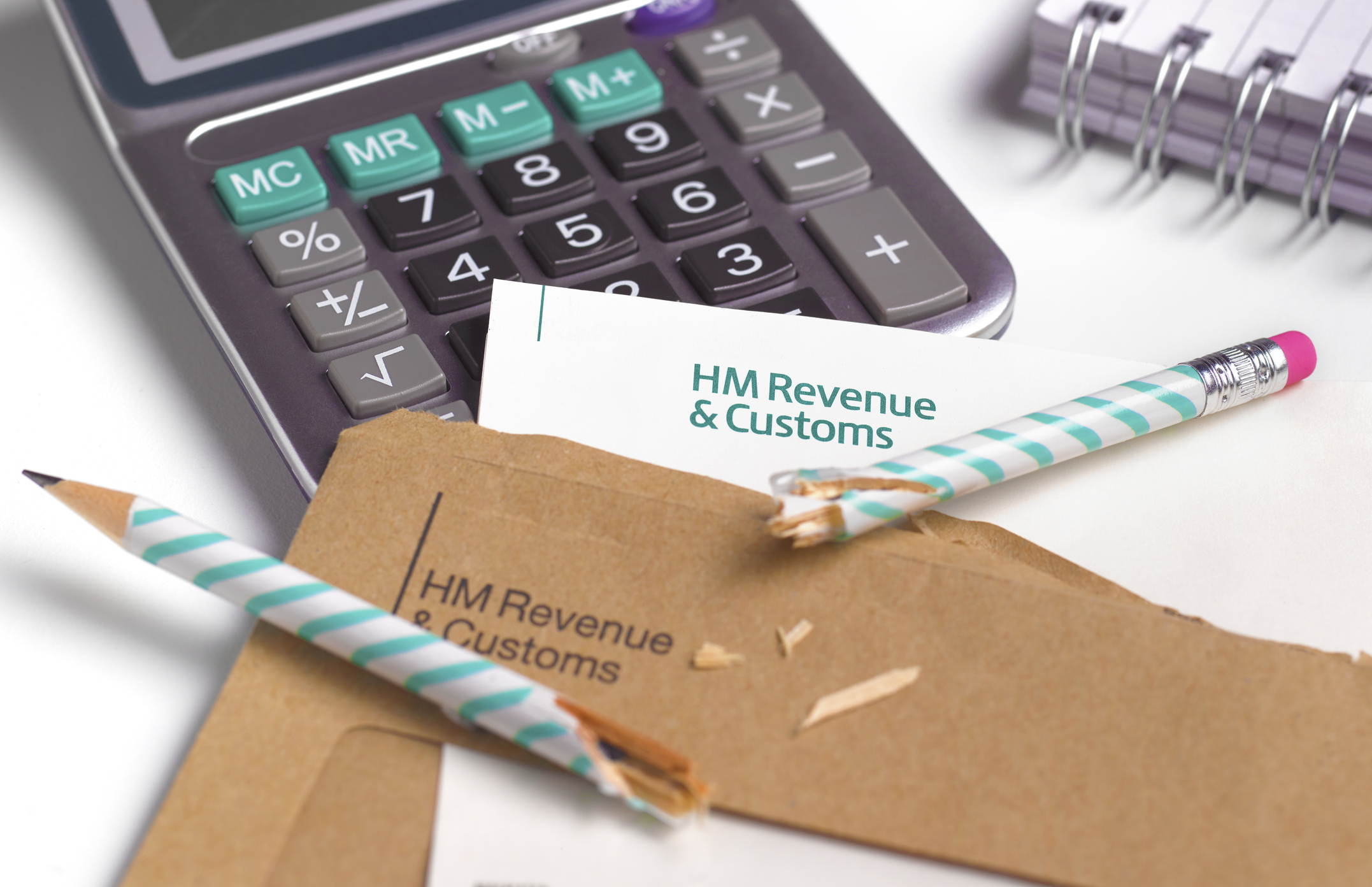 Simple assessment explained as millions brace for unexpected tax bills
Simple assessment explained as millions brace for unexpected tax billsIncreasing numbers of people could get letters from HMRC saying they owe more tax due to frozen thresholds, under a system known as simple assessment. Here is what it means for you.
-
 What are wealth taxes and would they work in Britain?
What are wealth taxes and would they work in Britain?The Treasury is short of cash and mulling over how it can get its hands on more money to plug the gap. Could wealth taxes do the trick?
-
 Child Benefit: how it works, eligibility criteria and how to claim
Child Benefit: how it works, eligibility criteria and how to claimChild Benefit is worth hundreds of pounds per year and claiming it can help build up your state pension entitlement but there are tax pitfalls. We look at who is eligible and how to get the payment